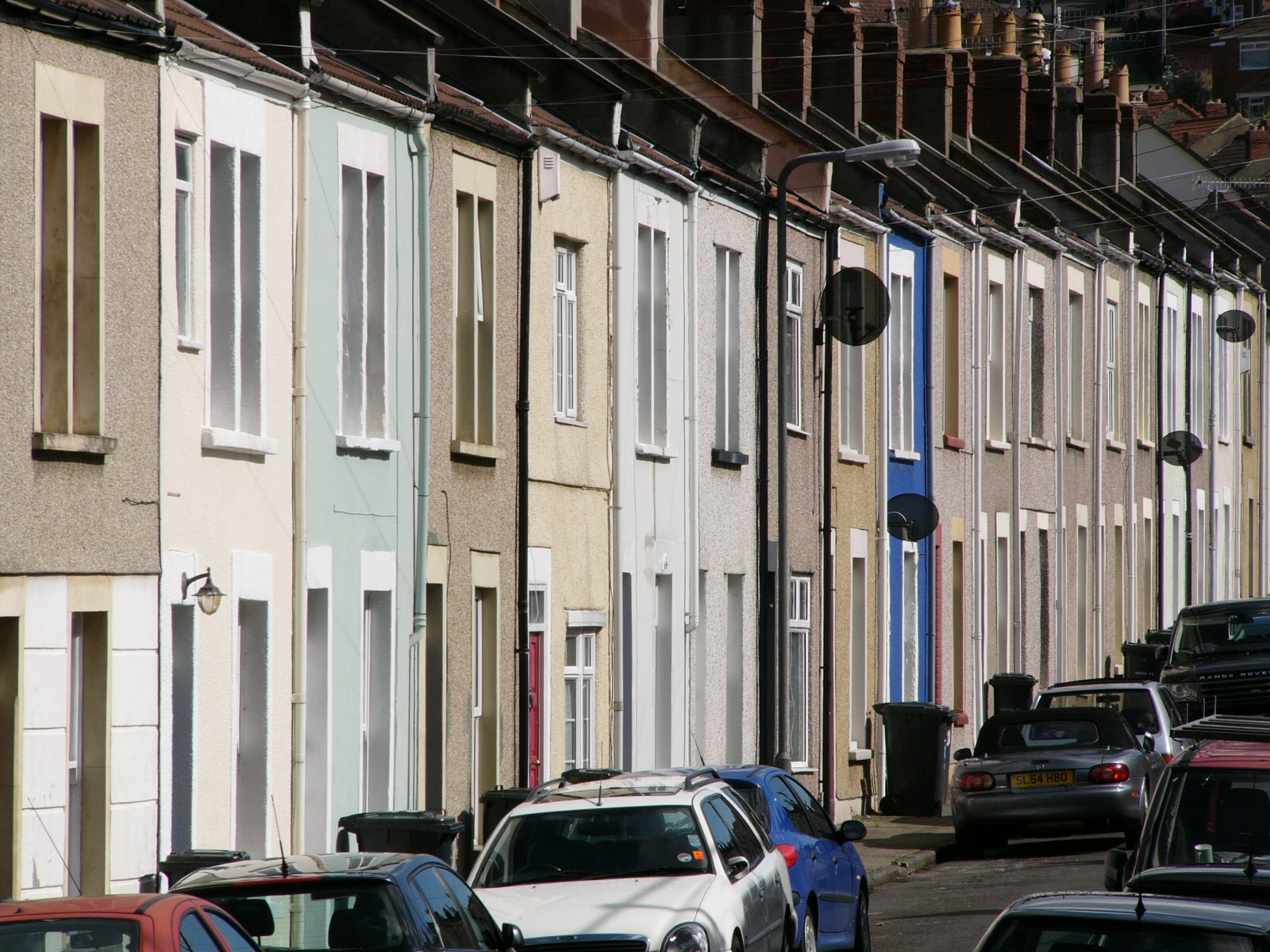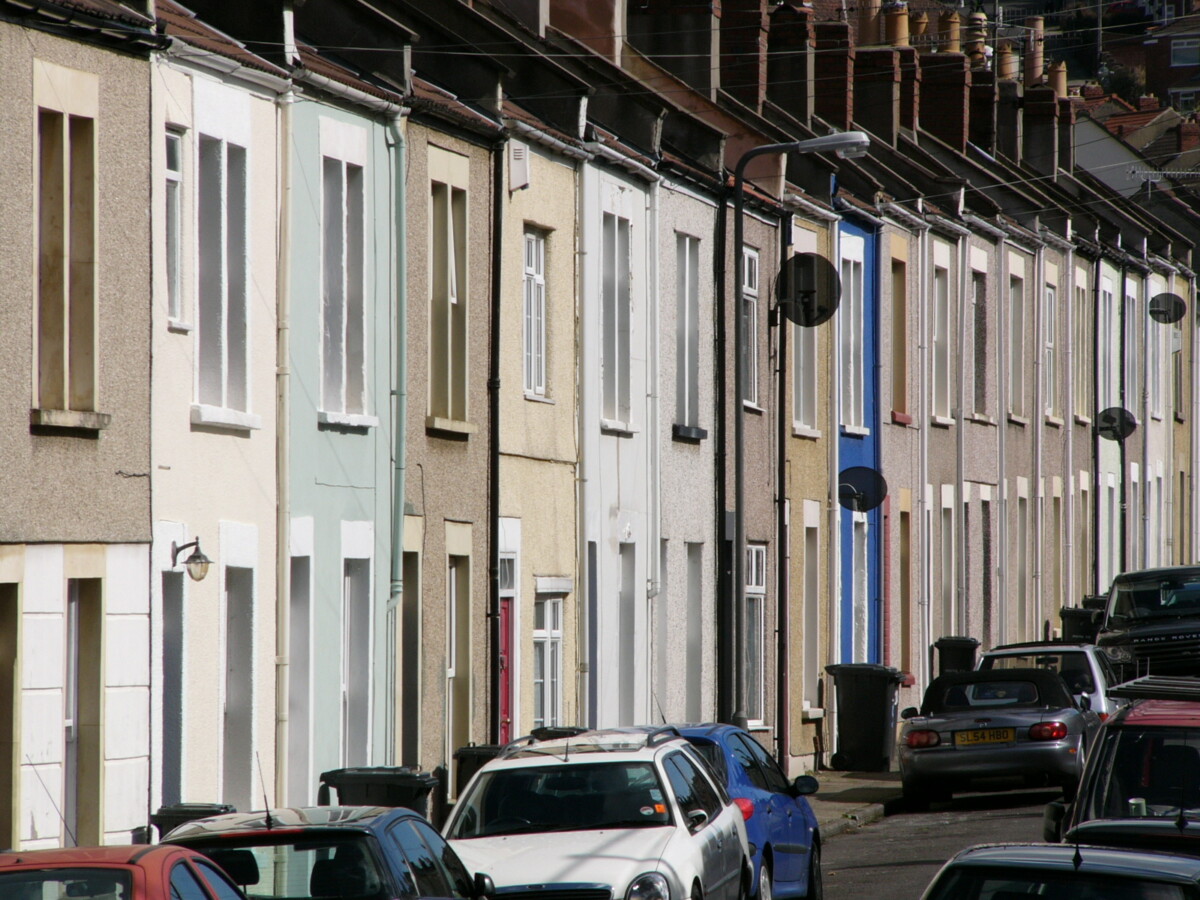Can the Decent Homes Standard help fix our broken rental sector?
Too many people are stuck in cold, damp, unsafe rented homes — with no real power to demand change. That’s why the government’s consultation on a new Decent Homes Standard (DHS) is so important.
Privately rented homes have the lowest levels of energy efficiency in the housing sector, and at the Centre for Sustainable Energy (CSE) we support thousands of renters every year who are suffering the consequences. Poor quality housing leads to unaffordable heating bills and walls black with mould, but many tenants are too scared to complain due to fears of retaliatory eviction. It’s Dickensian.
What does the Decent Homes Standard do?
The Decent Homes Standard aims to set standards covering the wider aspects of what makes a home decent to live in: free from dangerous hazards, adequately maintained, with essential facilities such as working kitchens, bathrooms, adequate noise insulation, waterproof roofs and windows (!), efficient heating, and no damp and mould.
Overall, the government’s proposed changes to the Decent Homes Standard, along with other legislative reforms (below), are a significant step forward. However, in our view they could go further.
- On enforcement: local councils need proper funding, training and data to make the Decent Homes Standard enforceable. Implementation of the existing Minimum Energy Efficiency Standards (MEES) regulations has been patchy because of a lack of funding and training.
- On damp and mould: where dangerous damp and mould is found, councils should have a duty to take action.
- On landlord responsibilities and new tenant rights: the government should undertake a communications strategy to inform landlords about their new responsibilities and ensure that renters understand their rights.
- On tenant protection: enforcement of DHS regulations is reactive – in other words it comes in response to complaints from tenant. Therefore, tenants must feel confident that they can report problems concerning their accommodation without risking eviction or rent hike.
Also missing …
In addition to the points listed above, there are two glaring absences from the Decent Homes Standard.
The first of these is the requirement for all rental homes to have working rainwater goods (guttering and downpipes) and an extractor fan in the kitchen and bathroom. It’s pretty obvious, but a property with rainwater running down the external walls from leaky gutters will tend to be damp inside!
The other absence is any reference to climate adaptation. The Decent Homes Standard should protect tenants not just from cold winters, but from deadly summer heatwaves. The 2022 heatwave killed 3,000 people in the UK. There have been four heatwaves in the 2025 summer alone.
And finally we’re struck by a lack of urgency. The proposed changes to the Decent Homes Standard become “an enforceable requirement in privately rented homes from 2035 or 2037”. This is unacceptable. We’d like to see these changes implemented by 2030.
Healthy homes
One of CSE’s core beliefs is that “No one suffers a cold home in winter, and homes are healthy to live in year-round”. No one should be forced to accept substandard housing just because there’s nowhere else to go. And no one should suffer poor health from damp and mould, or dread heatwaves.
The Decent Homes Standard is a chance to bring this about.
The consultation is open until 10 September 2025.
Other housing sector reforms
The Decent Homes Standard is one of several reforms aimed at fixing the private rented sector. Others include:
- The Renters Rights Bill. Currently making its way through parliament, this bill aims to give tenants greater security and make rent rises fairer.
- Awaab’s Law. Named after the Rochdale two-year-old who tragically died after exposure to severe mould in his family’s rented home, this law will put in place mandatory timescales for landlords to repair serious hazards in the home, including damp and mould.
- Minimum Energy Efficiency Standards. The government is also proposing to tighten regulations applying in rental homes.




